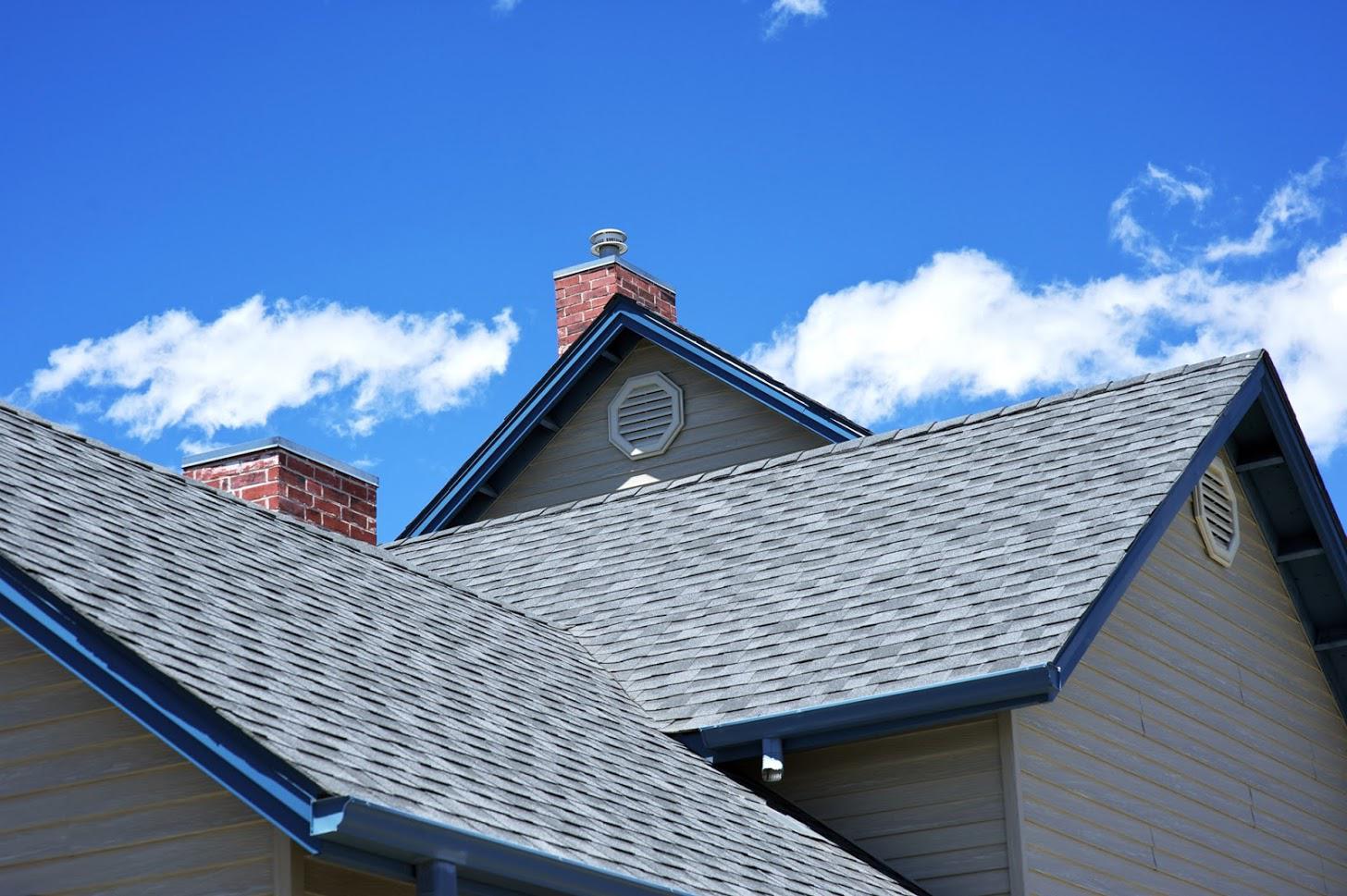Roofing Systems Components Commonly Attacked By Pests

Roof pests come in many forms. A nest of raccoons is easy to notice, while a more sinister influx of termites may not become evident until they’ve eaten thousands of dollars of your home. But whether the size of the infestation (and of the pests themselves) is large or small, you’ll want to catch it as quickly as possible. So you’ll need to check for pests regularly.
Here are some parts of your roofing system that are likely to be attacked by pests as well as what signs you’ll want to look out for.
1. Vent FlashingThe spot where an exhaust vent exits your roof can be a popular spot for raccoons and squirrels to attack. One reason is that the warm air coming out through the vent alerts them to the fact that if they get inside, they’ll find a warm spot to live.
Another potential reason the pests may attack here is if the vent flashing is leaking. The water damage caused by a leak can cause rot and softened areas that make that spot easier to claw through. Even without leaks, the roof deck has a hole cut through it for the vent pipe. If the pest can pull away the flashing, they may be able to squeeze through.
Check your vent flashing each time you inspect your roof. (Ideally, stand on the ground and use binoculars, since ladders can be hazardous.) Look for scratches, chewed or raised pieces of flashing, or any area where vent flashing is missing.
2. ChimneyEven if you’re careful to keep up with your roof maintenance, you may not focus much on the state of your chimney. A loose or missing chimney cap can mean your chimney will be susceptible to pest attacks. A loose or old and damaged cap could easily be knocked aside or pulled off, for instance.
A capless situation can make nesting in a chimney especially easy for squirrels, birds, or other pests. And some pests, such as small bats, can still get in despite a chimney cap if the cap is not installed correctly. Have your roofing contractor check that the cap is installed correctly, and then simply inspect the cap periodically for damage or wear and tear.
3. Fascia Board and Soffit AreaThe board near your gutters can easily become water damaged, especially if your gutters clog often or your roof doesn’t have a properly installed drip edge flashing. The fascia and soffit areas just below the edge of the shingles are typically made of wood, and wood can be very attractive to termites.
Typically, wood that’s used on the outside of a building will be pressure-treated to protect against termites, but this protection may only last a few years (or up to ten). After that, the wood may be more susceptible to termites. The wood in these specific areas, right near the gutter and eaves, can be especially attractive to termites because of the extra moisture in this area.
Check to see if the water drips off of a metal piece (the drip edge flashing) next time it rains. If the water simply drips off the bottom edge of a shingle, you need to have a drip edge installed.
4. GuttersAlthough it may not be as obvious as a hole in the roof, a gutter infestation can also cause problems for you and your roof covering. For instance, if a bird builds a nest in your gutter, the resulting gutter clog could cause water damage that attracts termites. A clogged gutter can also flood and cause roof leaks that damage your home.
Check your gutters periodically for debris and nests, and have them cleaned out seasonally. Alternatively, you can have your roofing contractor install gutter guards.
In addition to performing your own checks regularly, you’ll need to have a roofing professional inspect your roof on a regular basis. These inspections can catch not only current infestations but roof damage that could make your roof more susceptible to an infestation.
For more information on the roofing services we provide, call Ray’s Harford Home Improvement Contractors Inc. and let us know what projects you have in mind.

